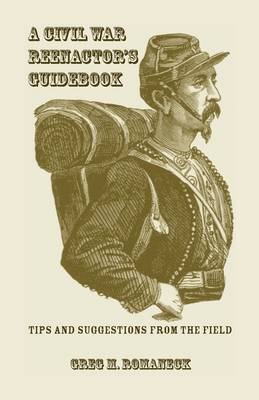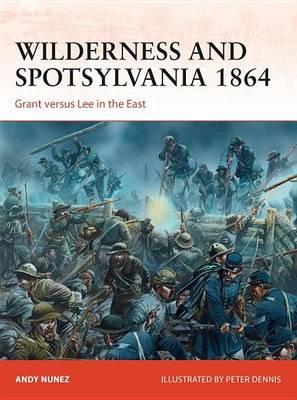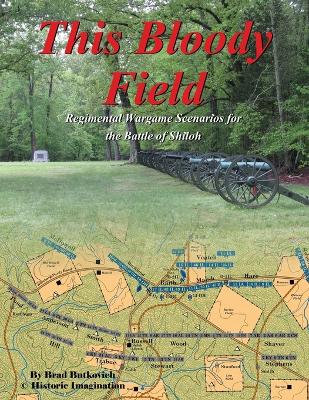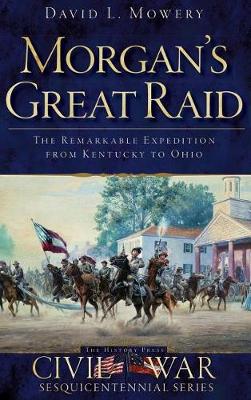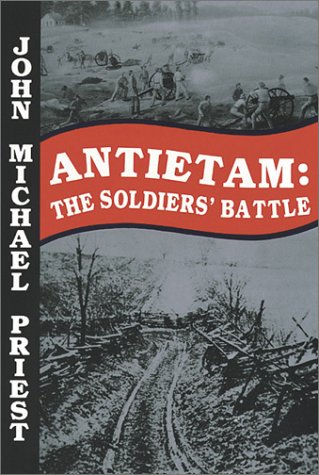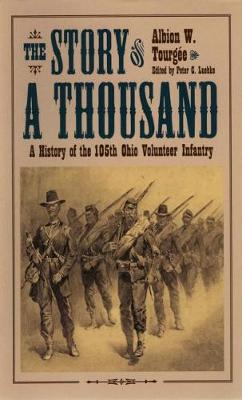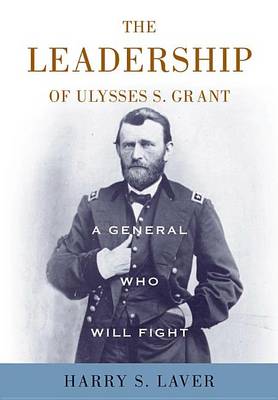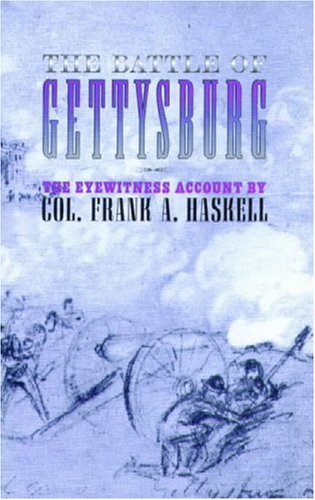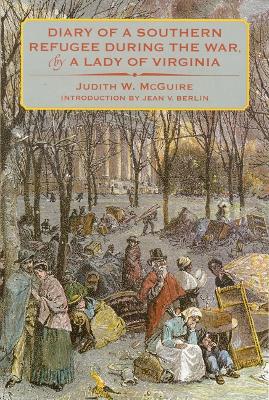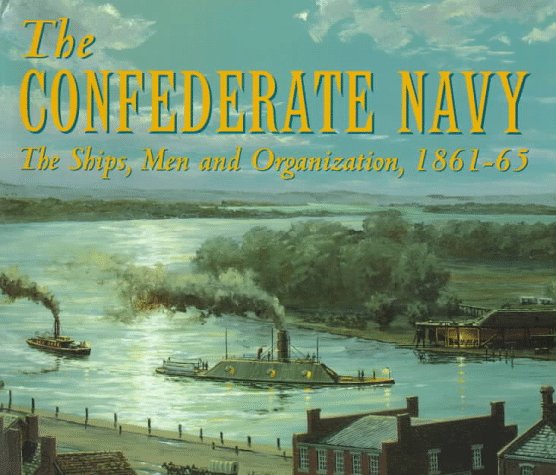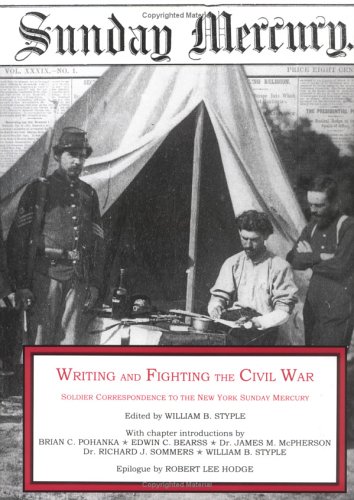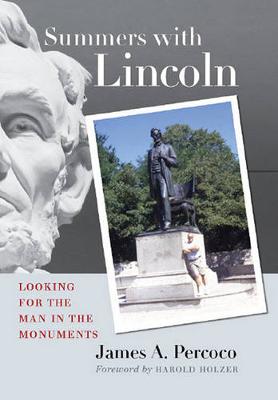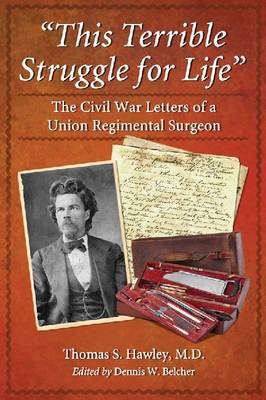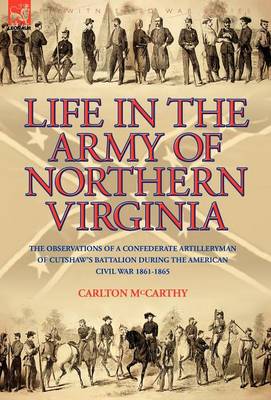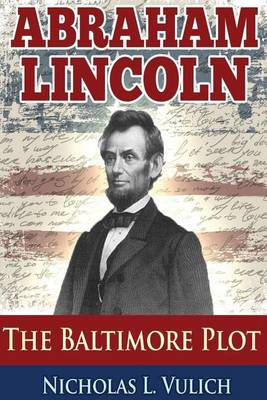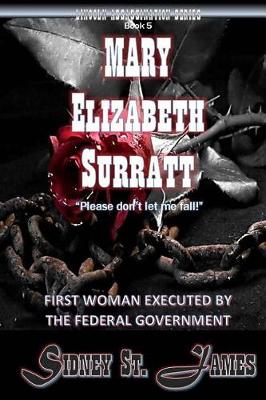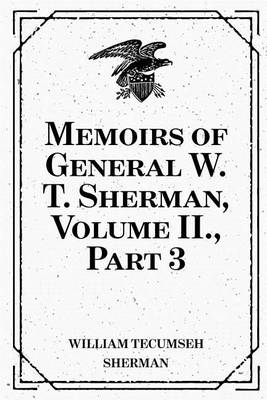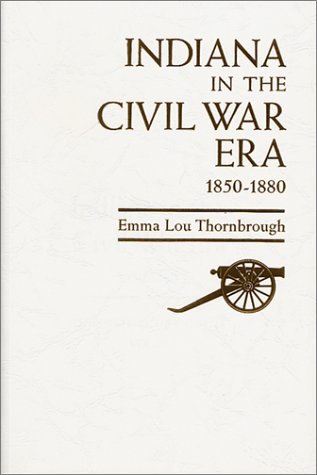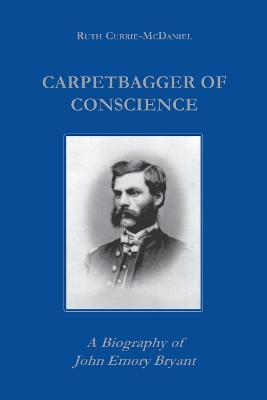In May 1864 the Union Army of the Potomac under General George Meade had been in a leisurely pursuit of the Confederate Army of Northern Virginia for nearly a year after the defeat of the Rebels at Gettysburg. Confederate commander General Robert E. Lee still retained his awe-inspiring reputation for wrecking Union armies that got too close to Richmond and Meade was still cautious. His tactics at Gettysburg were defensive and he was unsure that he was able to take the offensive against Lee. Howe...
Texas, the Dark Corner of the Confederacy
In the summer of 1863 Kate Stone, a twenty-two-year-old refugee from Louisiana, wrote that in Texas she had certainly found "a dark corner of the Confederacy." Excerpts from her diary are among the forty documents dating from the eve of the Civil War to the collapse of the Confederacy, by civilians as well as soldiers in all parts of the state, that make up this lively and informative collection.
Eyewitness Civil War testimony from a major American writer This facsimile edition of Albion W. Tourgee's regimental history of the 105th Ohio Volunteer Infantry was first published in 1896. Tourgee, a lawyer and outspoken abolitionist from Williamsfield, Ohio, is best known for his semi-fictional novels about the reconstruction of the South following the Civil War, A Fool's Errand and Bricks Without Straw. Both critically acclaimed best sellers, the novels catapulted Tourgee and his relentless...
Prior to his service in the Civil War, Ulysses S. Grant exhibited few characteristics indicating that he would be an extraordinary leader. His performance as a cadet was mediocre, and he finished in the bottom half of his class at West Point. However, during his early service in the Civil War, most notably at the battles of Shiloh and Vicksburg, Grant proved that he possessed an uncommon drive. When it was most crucial, Grant demonstrated his integrity, determination, and tactical skill by takin...
Diary of a Southern Refugee during the War, by a Lady of Virginia
by Judith W McGuire
"War seems inevitable," wrote Judith W. McGuire in her diary on 10 May 1861, shortly after the firing on Fort Sumter. Fervently loyal to the South, she was packing up valuables at her home in Alexandria, Virginia, where the Confederate flag already waved. With her family she fled the city, and for the next four years she would be a refugee in her own land. Literate and newsy, shrewdly detailed and extremely moving, Diary of a Southern Refugee during the War is one of the best civilian records of...
Writing & Fighting the Civil War
by Brian C. Pohanka, Edwin C. Bearss, James M. McPherson, Richard J Sommers, and Robert Lee Hodge
Across the country, in the middle of busy city squares and hidden on quiet streets, there are nearly 200 statues erected in memory of Abraham Lincoln. No other American has ever been so widely commemorated. A few years ago, anticipating the bicentennial of Lincoln's birth in 2009, Jim Percoco, a history teacher with a passion for both Lincoln and public sculpture, set off to see what he might learn about some of these monuments-what they meant when they were unveiled, and what they mean to us to...
This books offers a rare insight into the history of the Civil War in the western theatre through the eyes of a regimental surgeon. The newly graduated Dr. Thomas S. Hawley served in one of the premier fighting regiments of the Union Army. This collection of letters is important for two reasons: They detail his four and a half year career in the army through firsthand accounts of the various campaigns and his numerous duties, and they chronicle his interactions with captured Confederate soldiers...
Memoirs of General W. T. Sherman, Volume II., Part 3
by Gen William Tecumseh Sherman
This is a biography of John Emory Bryant, a veteran of the Civil War who became a Carpetbagger in Georgia during the Reconstruction era. A member of the Eighth Maine Infantry Regiment during the Civil War, Bryant fought at the Battle of the Crater. After his service in the war, he returned to Maine to study law. But, before he finished his degree, he was contacted by his former commander and friend, General Rufus Saxton, to join him in "new work . . . among former slaves in the South" with the F...
